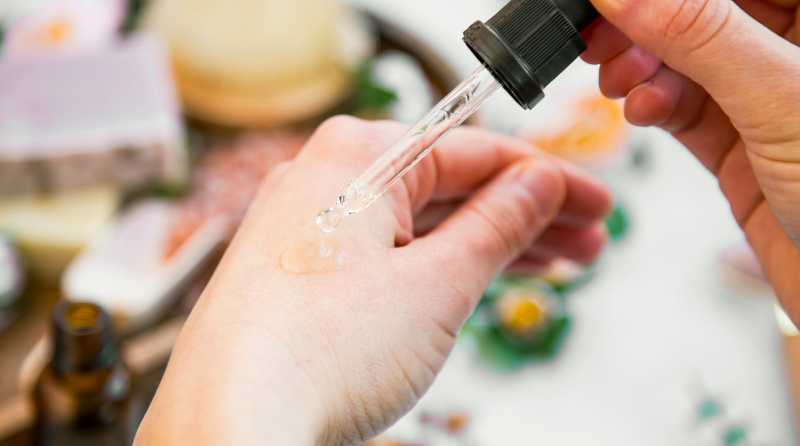Cost-of-living crisis is driving era of inclusive beauty


With the rising costs of living becoming a global crisis, beauty customers are demanding fairer pricing, greater product efficacy and more honest business models, according to a new report from beauty buyers’ club Beauty Pie.
The Beauty Futures 2025: Beauty, Beautility and the Rise of the 'Question Everything' Economy report, released in partnership with consultancy agency The Future Laboratory, argues that a period of financial uncertainty, increased free time during the pandemic and greater access to information has created a generation of hyper-knowledgeable consumers expecting brands to provide more honesty about their products – from efficacy to supply chain.
While 15 of the leading beauty brands source products from the same three manufacturers, hyper-inflated markups are causing many to pay higher prices for products with the same base ingredients.
As people continue to re-evaluate their spending habits and become more knowledgeable about these varying cost structures, the report claims there will be new demand for radical fairness in the industry across everything from price point to product efficacy as people become more aware of these markups.
This will change associations of higher price being linked to quality, placing more pressure on brands to prioritise shared values and demonstrate fairness and functionality.
Additional pressure for brand transparency comes from increasing consumer knowledge. Searches for ingredients climbed by around 229% in 2021 for e-commerce retail company The Hut Group, showing that consumers are becoming better educated about base ingredients, their scientific benefits and where they come from.
You can find out more about skincare ingredients like glycolic acid, vitamin C, vitamin E and vitamin A on our website.
Brands are also increasingly seeing consumers turn away from wanting to be “sold” products, with consumers instead turning to their peers for product recommendations.
The combined impact of influencer saturation and the growth of digital communities through the pandemic has led to an increased focus on community-led beauty.
The Beauty Pie report referenced the results of the 2022 Edelman Trust Barometer report, which found that while just 49% of people currently report a high level of trust in CEOs, more than 62% look to people in their community, forcing brands to consider how they can build more meaningful connections with their customers and provide more value.
Where direct to consumer (DTC) models are already building longer term connections with customers, many are turning to memberships to build interactive digital communities.
As a result, it is expected that 75% of DTC brands will have a membership-based offering by 2023 according to e-commerce insight company PipeCandy.
Marcia Kilgore, founder of Beauty Pie, said, “We commissioned this report to explore the evolving attitudes to luxury and fairness, and the growing consumer instinct to be part of something bigger – and to see if our instinct that overpaying is officially over is correct
“The Beauty Futures 2025: Beauty, Beautility and the Rise of the 'Question Everything' Economy report shows how this will create new challenges for future facing brands, but also exciting opportunities to create a more honest, open and fair industry.”
The Future Laboratory’s co-founder Chris Sanderson added, “Across generations and across the world, people are now looking for experiences, services and products that help them become better versions of themselves.
“This mission to be healthier, wealthier and happier is leading to the rise of the transformation economy, putting new demands on brands to deliver more meaning to their customers.”
By: Ellen Cummings, Content writer at Professional Beauty UK

